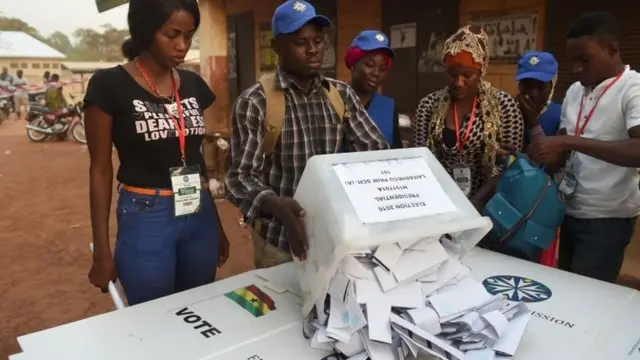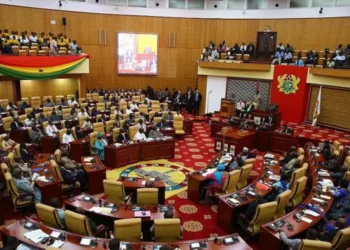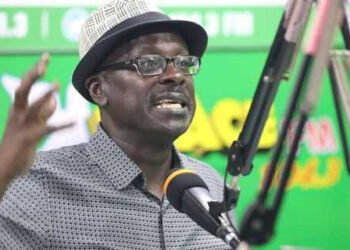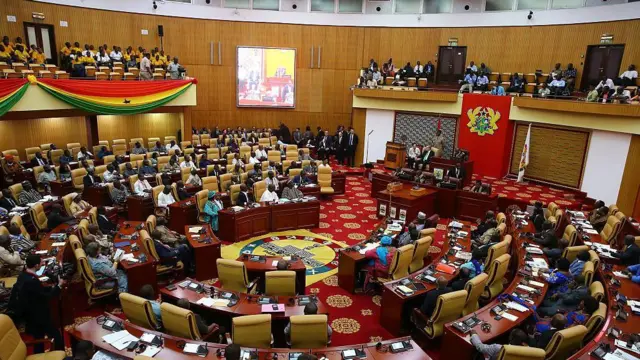Prof. Kwaku Azar Asare, a governance fellow at CDD Ghana, has praised the Electoral Commission (EC) for its efforts in addressing the unique challenges posed by the untimely passing of Akua Donkor.
However, he advised the EC to proceed carefully, emphasizing that declaring votes cast for a deceased candidate as “rejected ballots” under Regulation 40 of C.I. 127, without first amending the law, presents significant legal and constitutional issues.
“This issue transcends academic interest and strikes at the heart of Ghana’s democratic and electoral framework.
“The Constitution mandates that a presidential candidate must secure a majority of valid votes cast to be elected. The treatment of votes for a deceased candidate can significantly impact this requirement”.
Prof. Kwaku Azar Asare
He further explained that if votes cast for a deceased candidate are counted as valid, they would increase the total number of valid votes cast, thereby raising the majority threshold.
This could disadvantage other candidates, as these “wasted” votes would not contribute to the tally of any living candidate.
On the other hand, Prof. Asare noted that if such votes are declared as rejected ballots, they would be excluded from the total valid votes, effectively lowering the majority threshold.

This, he noted, could significantly impact the election dynamics, especially in a tightly contested race, potentially influencing whether a runoff becomes necessary.
Highlighting the legal framework, Prof. Asare noted that Regulation 40 of C.I. 127 outlines specific conditions for rejecting a ballot.
According to him, these include the absence of an official mark, failure to clearly indicate a choice, markings that could identify the voter, and voting for more than one candidate. “The regulation does not include votes cast for a deceased candidate as grounds for rejection”.
Prof. Asare argued that classifying votes cast for Akua Donkor as rejected would exceed the scope of Regulation 40.
He emphasized that addressing this situation would require either a statutory amendment or a judicial interpretation to broaden the regulation’s applicability.
Prof. Asare Warns EC Against Overstepping Legal Authority
Moreover, Prof. Kwaku Azar Asare underscored the Electoral Commission’s authority and limitations, emphasizing that its mandate is to enforce existing laws and regulations, not to establish new ones arbitrarily.
He cautioned that issuing a directive to reject votes for a deceased candidate could exceed the EC’s legal authority (ultra vires) and potentially invite legal challenges, particularly if such a decision affects the election’s outcome.
“Furthermore, the EC is bound by the Constitution, which protects the right to vote and the sanctity of the electoral process. Declaring these votes rejected could be viewed as disenfranchising voters who may not have had alternative candidates to support.
“It could also be viewed as undermining the principle of fairness if the decision disproportionately benefits or harms specific candidates”.
Prof. Kwaku Azar Asare
He explained that Article 63(4) of the Constitution specifies the procedure to follow when no candidate achieves a majority.
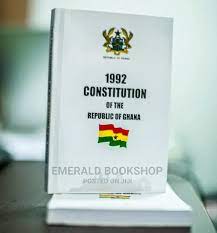
Asare stated that bypassing this process by redefining the validity of ballots could undermine public trust and lead to legal challenges.
He firmly asserted that the Electoral Commission cannot unilaterally declare votes for a deceased candidate as rejected ballots.
As such, he emphasized the need for legal amendments to explicitly address situations where a candidate passes away after ballots have been printed but before the election. “Alternatively, the EC could seek judicial clarification to determine how such votes should be treated under the current legal framework”.
Prof. Asare observed that within Ghana’s legal framework, the Electoral Commission does not have the authority to unilaterally categorize votes for a deceased candidate as rejected under Regulation 40 of C.I. 127. “The lesson from the SALL incident, where a similar fiat led to a cardinal sin, must guide future decisions”.
He emphasized that any action exceeding the EC’s mandate or violating constitutional principles risks compromising the integrity of the electoral process.
Prof. Asare asserted that addressing such matters necessitates legislative or judicial intervention to guarantee fair, transparent, and legally compliant election outcomes. “As the saying goes, ‘Those who fail to learn from history are doomed to repeat it’”


